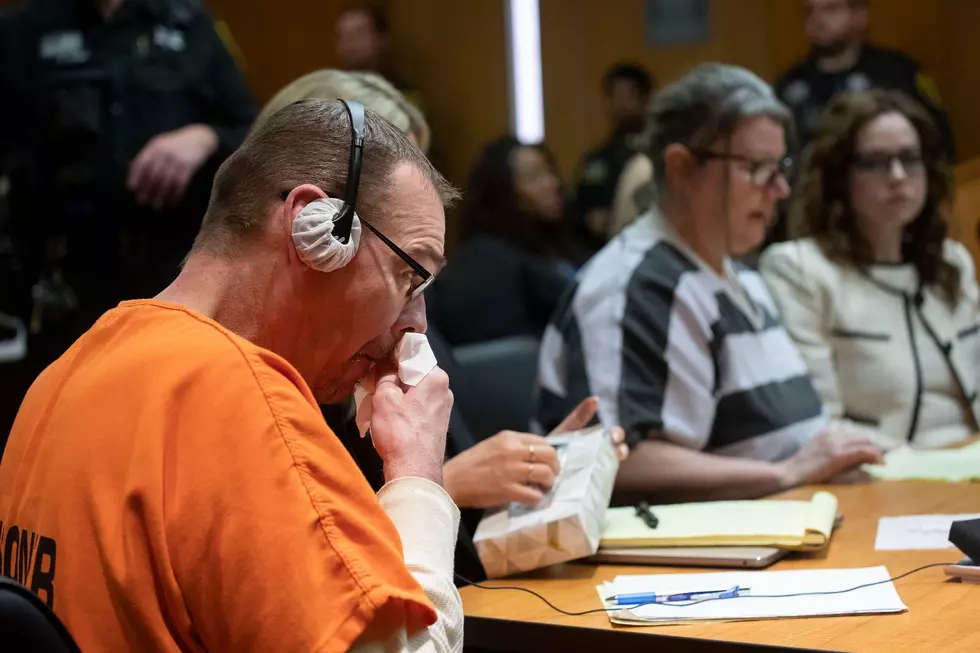
Top Al-Qaida Leader Taken Out
CAIRO (AP) — Al-Qaida on Tuesday confirmed that Nasir al-Wahishi, its No. 2 figure and leader of its powerful Yemeni affiliate, was killed in a U.S. strike, making it the harshest blow to the global militant network since the killing of Osama bin Laden.
In a video statement released by the media wing of Al-Qaida in the Arabian Peninsula, as the Yemeni affiliate is known, a senior operative read a statement announcing the death of al-Wahishi, who once served as bin Laden's personal secretary, and said his deputy, Qassim al-Raimi, has been tapped to replace him.
"Our Muslim nation, a hero of your heroes and a master of your masters left to God, steadfast," senior operative Khaled Batrafi said in the video, vowing that the group's war on America would continue.
Yemeni security officials had earlier said a U.S. drone strike killed three suspected militants in the al-Qaida-held southern port city of Mukalla last week. U.S. officials had said they were trying to verify whether al-Wahishi had been killed.
Al-Qaida's Yemen affiliate has long been seen as its most lethal, and has been linked to a number of foiled or botched attacks on the U.S. homeland. In addition to leading the Yemeni affiliate, al-Wahishi also served as deputy to Ayman al-Zawahri, al-Qaida's top leader, who succeeded bin Laden in 2011.
The death of al-Wahishi is the latest in a series of targeted killings of the Yemen affiliate's top leaders, including its most senior military leader Nasr al-Ansi, religious ideologue Ibrahim al-Rubish and others in recent weeks.
Al- Wahishi was among 23 al-Qaida militants who broke out of a detention facility in Yemen's capital, Sanaa, in February 2006. In 2009, al-Wahishi announced the creation of AQAP, which gathered together Yemeni and Saudi militants.
Al-Wahishi's death is a major setback for AQAP, but the group's master bomb-maker, Ibrahim Hassan al-Asiri, is believed to still be alive. He is thought to have designed bombs that were slipped past security and placed on three separate American-bound airplanes, although none of them exploded.
More From KROC-AM


![Drone Footage of Minneapolis at Night Eerie, Beautiful [WATCH]](http://townsquare.media/site/68/files/2020/04/Drone-Video-2.jpg?w=980&q=75)






